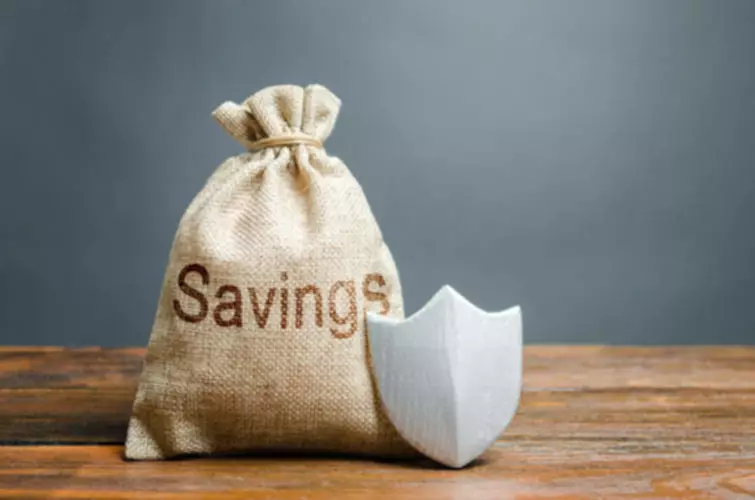Accounting for Bitcoin and other cryptocurrencies Resources
Content

TaxBit’s enterprise software combines the expertise of a specialized accounting firm and the efficiency of cutting-edge technology to automate your crypto reporting needs. Credit the asset to remove it from your balance sheet at its book value, and debit your cash in the amount of your proceeds or other consideration received. Nonprofit Accounting Easily aggregate transactions and activities across your organization with SoftLedger. Church Accounting A complete solution built to streamline your faith-based organizations’ financial management and accounting processes. Ecommerce With SoftLedger’s ecommerce accounting software you can track your inventory seamlessly. Manufacturing Effortlessly manage your inventory and track your costs through every stage of production with SoftLedger’s manufacturing accounting software. Private Equity SoftLedger enables greater visibility into your data so you can harness opportunities as they arise.
RT @dcolgren: ‘Never Let a Good Crisis Go to Waste’: CFTC Commissioner Calls on Congress to Act After FTX Debacle. #Cryptocurrency #Accounting #Audit #Governance @CFTC U.S. Securities and Exchange Commission National Cyber Security Centre #Investors #Cor… https://t.co/aKGvRZLIU7
— excellencia (@excellencia_ltd) November 13, 2022
SoftLedger Pay Want someone else to handle all of your supplier payments for you? Adaptable Subledger Use only Accounts Receivable, Accounts Payable, or another module as your accounting subledger.
How to Keep Your Crypto Assets Safe from Cyberattacks
You can’t reverse or increase the value of a loss on the balance sheet even if the market value rises to $700,000 later. There’s no need to amortize them as an indefinite-lived intangible asset rather, if the asset becomes cryptocurrency accounting impaired, a loss must be taken. When it comes to accounting, the term “cryptocurrency” is a misnomer. Moreover, the rules decided upon thus far would be applicable to both public and private companies, the board agreed.
How is cryptocurrency used in accounting?
The use of cryptocurrency as payment for company expenses has two components—the sale of the currency and the receipt of a good or service for a noncash consideration. On the financial statements, the related accounting policies must be addressed, as well as the impact on various risks and future financial results.
Bitcoin cash, Bitcoin gold, and Bitcoin XT are all the products of forks. Blockchain can be used to keep voting data secure and relieve concerns over voting fraud. By ensuring that voters’ choices can’t be reversed or altered, blockchain secures election integrity. While few governments currently use blockchain to secure their voting systems, the concept has its proponents.
Amplifying the Future of Transparency
Investors can be assured that they won’t lose their investment to a crypto bubble. They can be confident in the security of assets based on blockchain technology, and they may have improved access to credit. Most crypto assets are accounted for as indefinite-lived intangible assets in the absence of crypto-specific US GAAP. Our executive summary explains. However, the accounting rules for your financial statements and your reporting for tax purposes won’t align 100% of the time. When your business purchases cryptocurrency, you should recognize the asset on your balance sheet at its fair market value on the date of purchase. All of cryptocurrency’s wild swings would get captured by rules the Financial Accounting Standards Board is considering. But most significantly, assuming the market recovers, company financial statements would get to reflect crypto price rebounds, not just downturns as under current reporting.
- For on-chain transactions, add hash IDs for linking to the relevant block explorer.
- Some companies like Libra Tax are setting up their own software specifically for digital currencies, to track data in a way that is compliant with the IRS.
- Crypto as an asset class is still rife with risk, and there is inherent volatility in digital currencies.
- Blockchains enable triple-entry bookkeeping, with the third entry appearing on-chain, that is, every transaction created an entry in a blockchain that anyone can see.
Pending regulations should help smooth out price volatility and make new investors more confident in buying and holding cryptos as part of a well-rounded portfolio. The Tysons Corner, Va.-based software company had around $1.99 billion in bitcoin as of June 30, down from about $2.89 billion at the end of March, according to regulatory filings. MicroStrategy acquired another roughly 301 bitcoins between August and September, bringing the current value of its digital assets to around $2.5 billion. Companies and accountants want the FASB to adopt fair-value accounting instead, which would allow them to recognize losses and gains immediately and treat digital assets as financial assets. Keep in mind that if you want to use digital assets as a capital asset, your capital losses and gains must be calculated against capital gains and losses of other like-kind assets (e.g., stocks, bonds, etc.).




